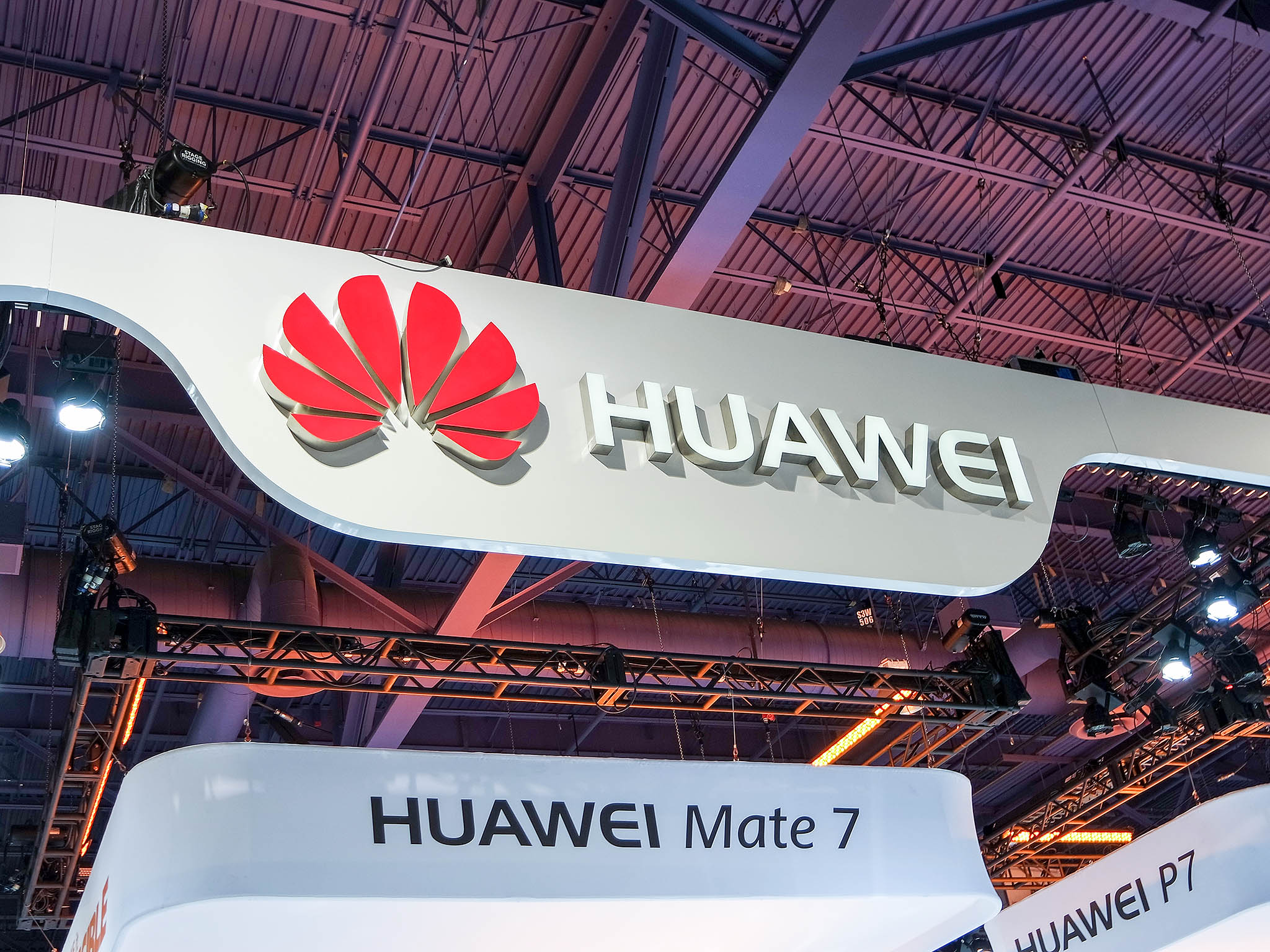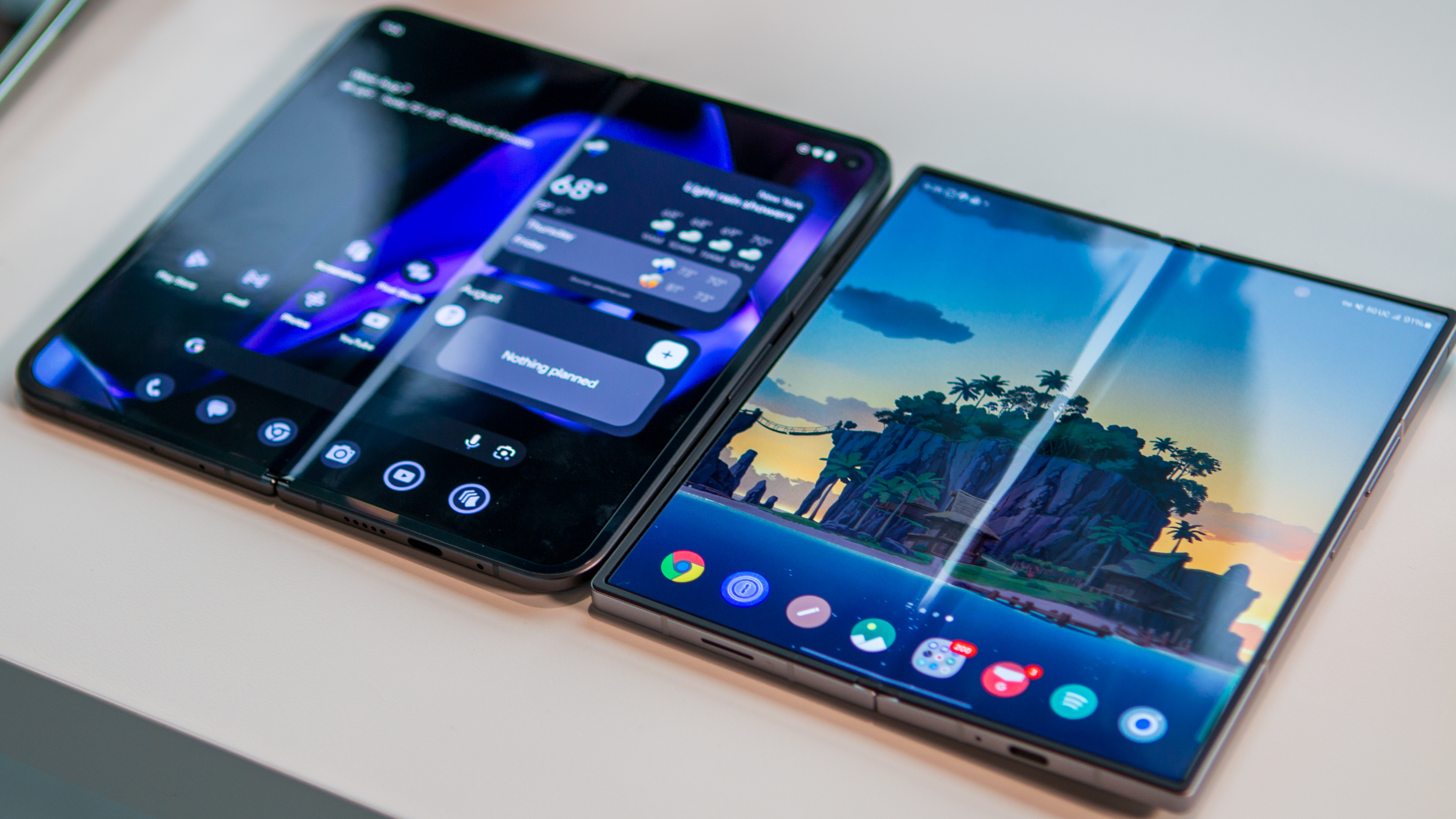The U.S. government has reportedly had proof of Huawei backdoors since 2009

What you need to know
- The U.S. claims it has evidence demonstrating that Huawei is a national security threat, accusing the firm of having backdoor access to network hardware it helped build.
- Huawei denies the allegations, dismissing backdoor access as implausible and open to immediate discovery.
- A 2012 congressional report backs up Huawei's claim, finding no evidence of active spying.
Bringing the Huawei-espionage soap opera to yet another climactic act, the U.S. has claimed that it had evidence showcasing that the Chinese telecoms firm is a security risk. The evidence reportedly goes all the way back to the dawn of 4G in 2009.
According to a report from the Wall Street Journal:
When telecom-equipment makers sell hardware such as switching gear, base stations and antennas to cellphone carriers—which assemble the networks that enable mobile communication and computing—they are required by law to build in ways for authorities to tap into the networks for lawful purposes.These companies also are required to make sure they themselves can't gain access without the consent of the network operator. Only law-enforcement officials or authorized officials at carriers are allowed into these "lawful interception interfaces." Such access is governed by laws and protocols in each country.U.S. officials said Huawei has built equipment that secretly preserves its ability to access networks through these interfaces, without the carriers' knowledge. The officials didn't provide details of where they believe Huawei is able to do so. Other telecom-equipment manufacturers don't have the same ability, they said.
In other words, Huawei retained for themselves the ability to tap into state-mandated backdoors. The U.S. government was unable to confirm whether Huawei had actively used those backdoors, nor were they able to provide details about it other than its existence.
Despite this evidence being shown to Germany and the U.K., neither country treated it as new information. The U.K. had already factored it into its threat analysis, while Huawei for its part argued that it had never and would never spy for Beijing. Both the EU and the U.K. will adopt proposals allowing Huawei to be part of the 5G roll-out in their regions.
A senior Huawei official gave the following statement to the Journal:
The use of the lawful interception interface is strictly regulated and can only be accessed by certified personnel of the network operators. No Huawei employee is allowed to access the network without an explicit approval from the network operator.
Oddly enough, Huawei's claims to not have spied have support from an unlikely source —the U.S. government. A 2012 congressional report stemming from an investigation into Huawei concluded that the firm hadn't done any spying for China. A source told Reuters:
We knew certain parts of government really wanted evidence of active spying. We would have found it if it were there.
A U.K. government official last year also came to the same conclusion.
Be an expert in 5 minutes
Get the latest news from Android Central, your trusted companion in the world of Android
China brushes off Huawei 5G concerns as witch-hunt, issues veiled threat against Nokia and Ericsson

